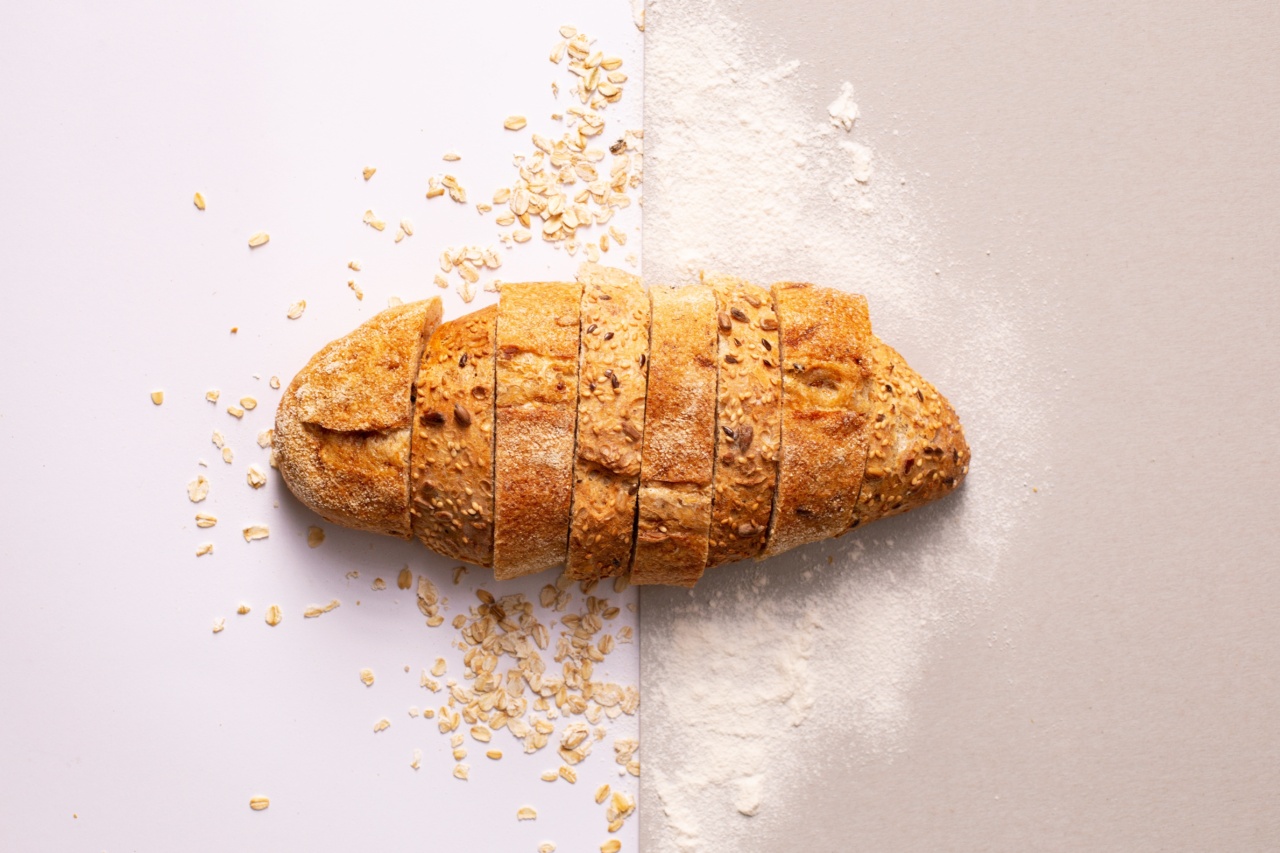The concept of fasting has been around for centuries and is practiced in many cultures around the world. Fasting is the act of abstaining from food or drink for a specific period of time.
People fast for various reasons, including religious beliefs, health benefits, and weight loss. While fasting can have many benefits, it is important to ensure that your body is getting the necessary nutrients during the fasting period.
What is Fasting?
Fasting is the act of refraining from consuming food or drink for a specific period of time. There are various types of fasting, including intermittent fasting, water fasting, and juice fasting.
Intermittent fasting involves abstaining from food or drink for a certain amount of time, usually between 16-24 hours, and then eating within a specific time frame. Water fasting involves consuming only water for a set period of time, while juice fasting involves consuming only fruit and vegetable juices for a specific amount of time.
Why Do People Fast?
There are many reasons why people choose to fast. Some fast for religious or spiritual reasons, while others fast for health benefits or weight loss.
Fasting has been shown to have many benefits for the body, including improved insulin sensitivity, reduced inflammation, and improved immune function. Fasting can also lead to weight loss and lower blood pressure.
The Importance of Nutritious Food during Fasting
While fasting can have many benefits for the body, it is important to ensure that your body is getting the necessary nutrients during the fasting period.
Consuming nutritious and balanced meals is key to ensuring that your body is getting the necessary vitamins and minerals during the fasting period. Eating the right kinds of food can also help to prevent feelings of lethargy and fatigue that can occur during fasting.
Delicious and Nutritious Foods to Eat During Fasting
There are many delicious and nutritious foods that can be consumed during fasting to ensure that your body is getting the necessary nutrients. Here are some examples:.
1. Bone Broth
Rich in vitamins and minerals, bone broth is a great food to consume during fasting. It is also high in protein, which can help to keep you feeling full and satisfied.
Bone broth is easy to make at home and can be consumed on its own or used as a base for soups and stews.
2. Avocado
Avocado is a nutrient-dense food that is packed with healthy fats and fiber. It is also high in potassium, which can help to regulate blood pressure and prevent feelings of fatigue during fasting.
Avocado can be eaten on its own or used to make guacamole or other recipes.
3. Nuts and Seeds
Nuts and seeds are a great source of protein and healthy fats. They are also high in fiber, which can help to keep you feeling full and satisfied. Some great options include almonds, walnuts, chia seeds, and flaxseeds.
4. Leafy Greens
Leafy greens, such as spinach, kale, and collard greens, are packed with vitamins and minerals. They are also low in calories, making them a great food to eat during fasting. Leafy greens can be eaten raw in salads or cooked in soups and stews.
5. Berries
Berries are high in vitamins and antioxidants, making them a great food to eat during fasting. They are also low in calories and high in fiber, which can help to keep you feeling full.
Some great options include strawberries, blueberries, and raspberries.
Meal Planning for Fasting
Meal planning is key to ensuring that you are consuming nutritious foods during fasting. When planning your meals, make sure to include a variety of nutrient-dense foods, such as those listed above.
It is also important to balance your meals with protein, healthy fats, and complex carbohydrates to ensure that your body is getting the necessary nutrients.
Conclusion: Fasting and Nutritious Food
Fasting can have many benefits for the body, including improved insulin sensitivity, reduced inflammation, and improved immune function. However, it is important to ensure that your body is getting the necessary nutrients during the fasting period.
Consuming nutritious and balanced meals is key to ensuring that your body is getting the necessary vitamins and minerals. Incorporating the above-mentioned foods into your fasting routine can help to ensure that your body is getting the nutrients it needs.































